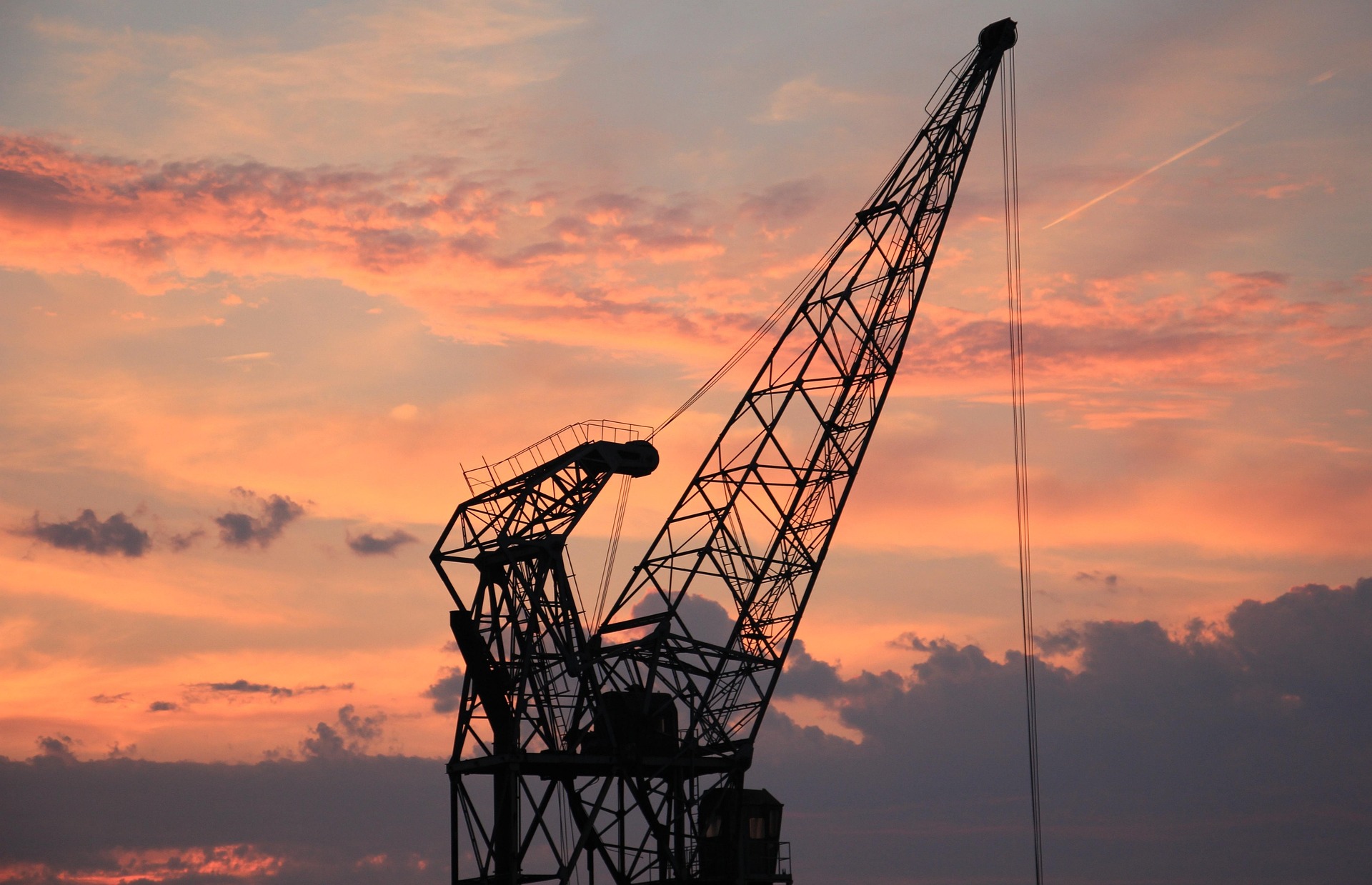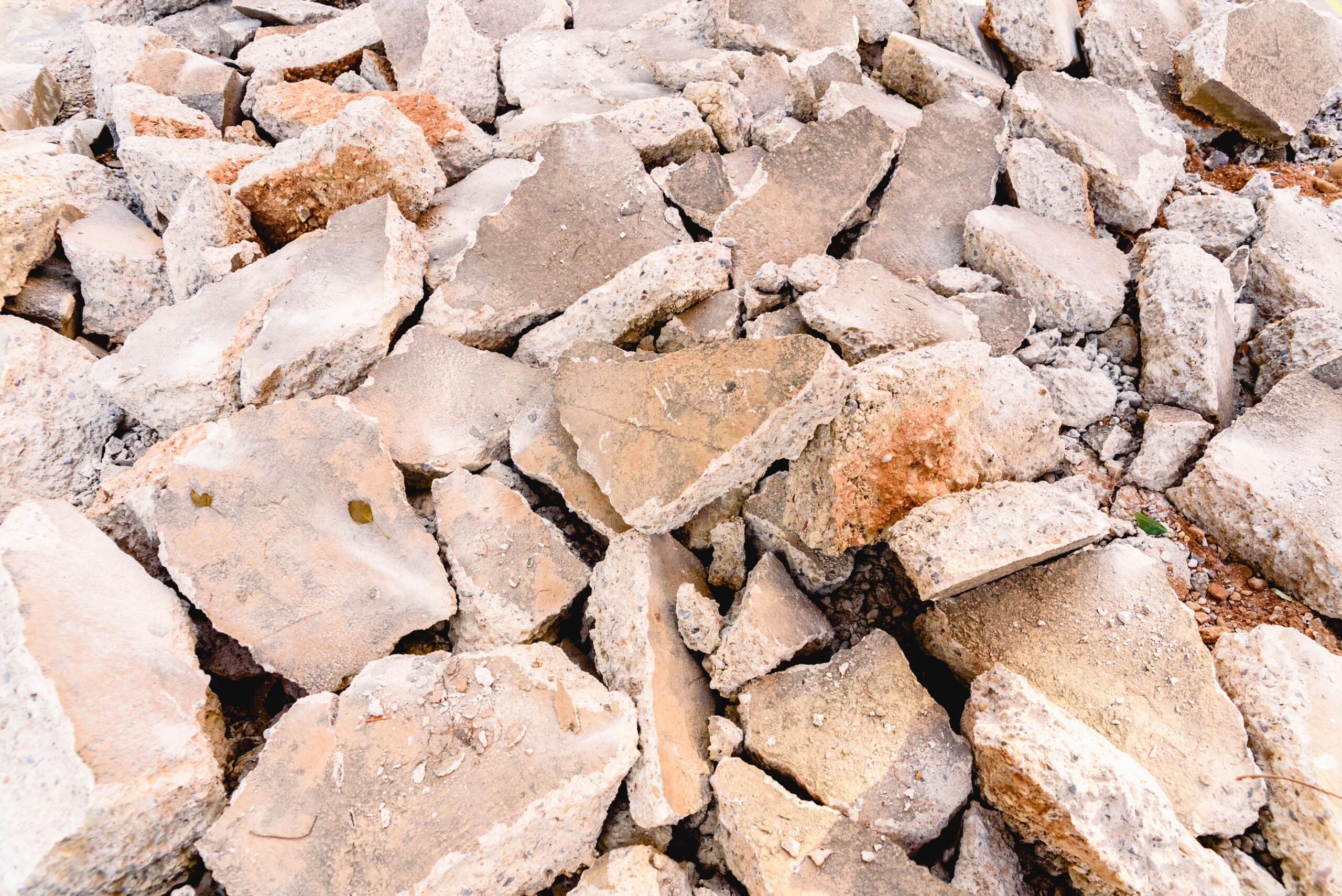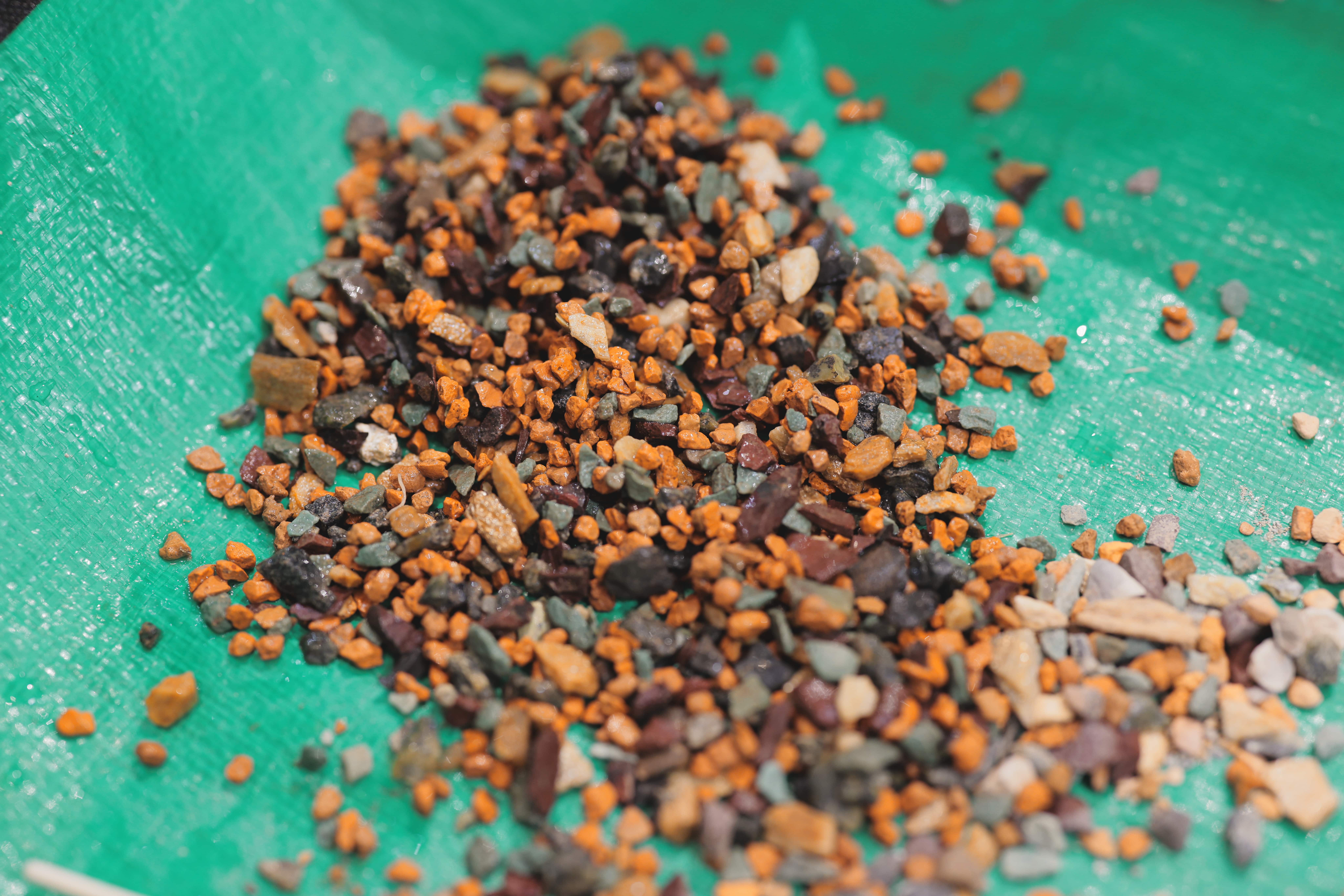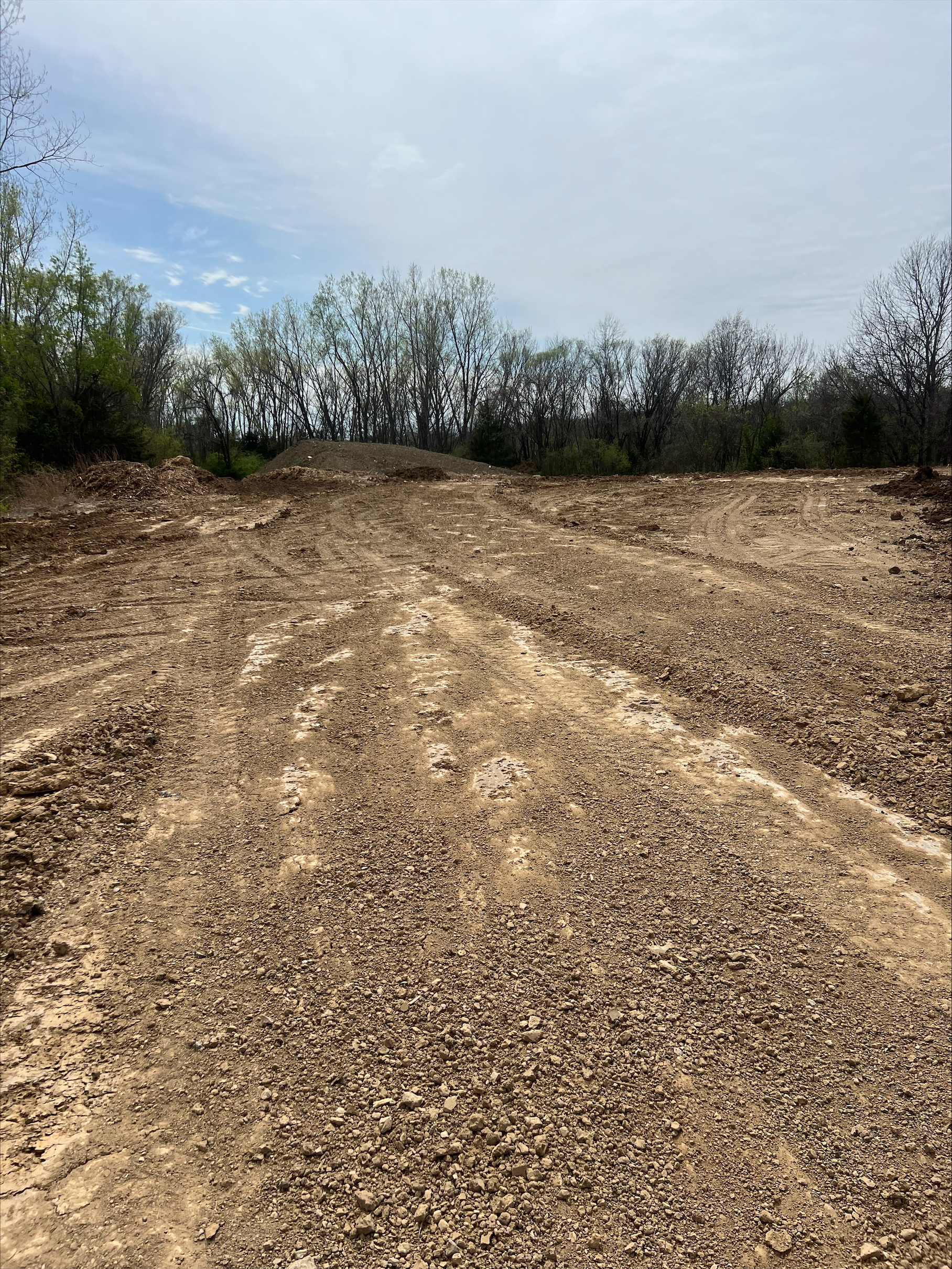How Soil Composition in Dallas-Fort Worth Affects the Need for Select Fill
Introduction
The Dallas-Fort Worth (DFW) region has a diverse range of soil types, which can pose challenges for construction projects. From the expansive clay soils of North Texas to the sandy loams of outlying areas, the soil composition greatly impacts foundations, road construction, and site preparation.
To ensure structural stability and longevity, contractors rely on Select Fill from local Borrow Pits to modify, reinforce, and stabilize existing soil conditions. Understanding how different soil types behave helps developers make informed decisions about material selection, compaction techniques, and drainage solutions.
Common Soil Types in the Dallas-Fort Worth Region
1. Expansive Clay (Blackland Prairie Clay & Houston Black Clay)
One of the most common soil types in DFW is expansive clay, which:
- Swells when wet and shrinks when dry, causing foundation shifts.
- Leads to cracks in roads, driveways, and building foundations.
- Requires extensive stabilization before construction can begin.
2. Sandy Loam (Found in Outlying Areas of DFW)
Sandy loam, found in parts of Tarrant, Denton, and Collin Counties, has:
- Good drainage properties, reducing water retention.
- Poor natural compaction, requiring additional fill to strengthen subgrades.
- High susceptibility to erosion, making it unsuitable for heavy structures without reinforcement.
3. Silty Soil (River Floodplains and Low-Lying Areas)
Silty soil, often found in floodplain areas near the Trinity River, presents challenges such as:
- Weak compaction and high moisture retention, leading to instability.
- Poor load-bearing capacity, making it unsuitable for heavy infrastructure.
- Increased risk of flooding, requiring proper drainage solutions.
4. Limestone and Chalk (Hillier Areas of DFW)
Some areas of Dallas-Fort Worth have shallow limestone or chalk formations, which:
- Can be difficult to excavate, increasing site preparation costs.
- May require Select Fill for leveling and grading.
- Provide a stable base but may need extra fill to achieve uniform compaction.
Why Select Fill is Essential for DFW Construction Projects
Given the varied and sometimes unstable soils in DFW, Select Fill is critical to:
- Stabilize expansive clay to prevent cracking and movement.
- Improve compaction and load-bearing capacity for roads and foundations.
- Enhance drainage properties in silty or clay-heavy areas.
- Provide a level, structurally sound base for development projects.
How Select Fill Helps Address DFW’s Soil Challenges
1. Prevents Foundation Shifting on Expansive Clay
Since clay-rich soils expand and contract based on moisture levels, they can cause serious structural damage if not properly managed. Using Select Fill from a Borrow Pit:
- Creates a stable, compacted base layer, reducing soil movement.
- Improves water drainage, preventing excessive moisture retention.
- Minimizes foundation cracking and uneven settlement.
2. Strengthens Pavement Subgrades in Sandy Areas
In parts of DFW with sandy or loose soils, roadways and parking lots require Select Fill to prevent premature failure. Properly compacted Select Fill:
- Increases load-bearing capacity, preventing asphalt cracking.
- Reduces soil shifting under heavy traffic loads.
- Enhances surface stability, minimizing long-term maintenance.
3. Improves Drainage in Silty and Clay-Rich Areas
In flood-prone or moisture-retentive soils, proper drainage is critical. Select Fill helps by:
- Allowing water to flow away from structures, preventing foundation damage.
- Reducing standing water, minimizing erosion risks.
- Creating a stable sub-base for roads, preventing washouts.
Best Practices for Using Select Fill in DFW Construction
1. Conduct a Soil Analysis Before Selecting Fill Material
Before purchasing Select Fill, it’s important to:
- Identify the native soil type to determine the best fill material.
- Perform compaction and moisture tests to ensure proper performance.
- Work with a trusted Borrow Pit supplier that understands DFW soil conditions.
2. Layer and Compact Fill for Maximum Stability
To maximize the benefits of Select Fill:
- Apply in controlled layers (lifts) for even compaction.
- Use moisture conditioning to optimize density.
- Compact thoroughly with rollers or vibratory compactors.
3. Choose the Right Select Fill Based on Project Needs
Not all Select Fill is the same. Depending on your project, you may need:
- Select Fill with high clay content for stability in sandy areas.
- Fill with better drainage properties for moisture-prone sites.
- Graded fill with the right mix of sand and clay for balanced performance.
Where to Source the Best Select Fill for DFW Construction
Finding high-quality Select Fill from a trusted Borrow Pit is essential for cost-effective and long-lasting construction. The right supplier will provide:
- Reliable material that meets engineering standards.
- Bulk delivery options for large-scale projects.
- Local sourcing to reduce transportation costs.
At Borrow-Pit.com, contractors and developers can find the right Select Fill for any Dallas-Fort Worth construction project, ensuring stability, strength, and durability.
Conclusion
The soil composition of Dallas-Fort Worth presents unique challenges that must be carefully managed in construction. Expansive clays, sandy loams, silty floodplain soils, and limestone formations all require specialized site preparation techniques, with Select Fill playing a crucial role in ensuring stable and durable structures.
By sourcing high-quality Select Fill from a Borrow Pit, contractors can reduce foundation risks, improve drainage, and enhance compaction, leading to stronger, longer-lasting construction projects in DFW.
For the best Select Fill in Dallas-Fort Worth, visit Borrow-Pit.com to source top-quality materials at competitive prices.




